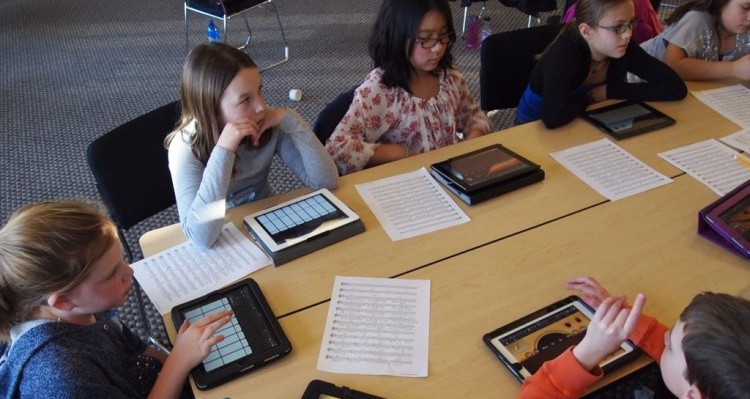Student success relies on many factors, and research shows that soft skills—social skills such as self-regulation, cooperation, and persistence—are important for academic achievement. With evidence showing these skills are malleable into early adulthood, educators can instill these skills in students just as they do their traditional academic skills. Why are these soft skills influencing student grades and students’ employability? Read on to learn what research says about whether schools are teaching these life skills.
The Influence of Soft Skills
Melissa Tooley and Laura Bornfreund determined that soft skills are at the heart of high-quality pre-K programs, but K–12 schools “have not historically followed suit.” In their report, the authors recommend that federal and state governments, local educational agencies, educators, and research institutions foster progress in developing soft skills across all grades, pre-K–12.
Additionally, they highlight reasons that holistic teaching and learning “should not cease when students enter elementary school and later grades.” The authors also contend “certain skills for success are increasingly necessary for success in postsecondary and career settings.” Finally, they mention that research shows schools can impact these skills.
Highlights of specific evidence from the report include:
- Students’ motivation, effort, and self-regulated learning all positively affect academic performance, as do self-sufficiency and academic self-concept.
- A positive relationship exists between cooperation and school completion, peer acceptance, and occupational status.
- Students’ social, emotional, and physical needs must be met in order to optimize learning, just as employees need advanced communication and interpersonal skills to advance.
- Technological advances and globalization bring about new work demands, including the ability to prioritize, plan, and think critically.
- Because students better analyze, self-regulate, and recognize others’ perspectives as they transition to adolescence, schools must develop soft skills in grades pre-K–12.
Soft Skills in School
Caralee Adams states that because college enrollment grows while completion rates remain flat, “educators are looking for ways to incorporate so-called soft skills into their college- and career-readiness efforts.” Furthermore, Adams notes Tooley and Bornfreund’s assertion that schools should develop and foster these skills in a visible way and outside stakeholders should monitor those practices and include school climate in accountability systems. For this to occur, teachers need to receive training to understand the value of the soft skills and to learn strategies to promote them.
Educator David Cutler recognizes the need for schools to teach kids soft skills. Specifically, Cutler admits that teachers “fail at encouraging students to fail, by harshly penalizing failure.” He recognizes his best learning occurred through failure and that teachers need to allow students to learn at their own pace without penalizing them for mastering concepts at later times. Similarly, Cutler calls on educators to help students identify their passions and make school subjects more relevant to students. Cutler warns against teachers and schools focusing solely on scholarly endeavors and casting life skills to the side.
Conclusion
If nothing else, educators and school systems must keep in mind that they are teaching the whole child. Schools cannot separate academic skills from life skills that include social, emotional, and thinking skills. If you don’t feel as though your child is learning the critical soft skills of life, you have options. Explore K12.com to learn more about online school programs that can help your child.
Image via Flickr by flickeringbrad





























































































